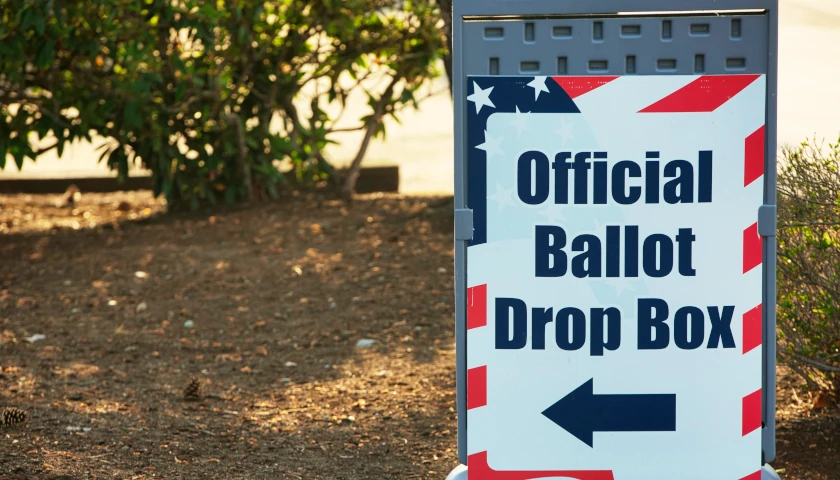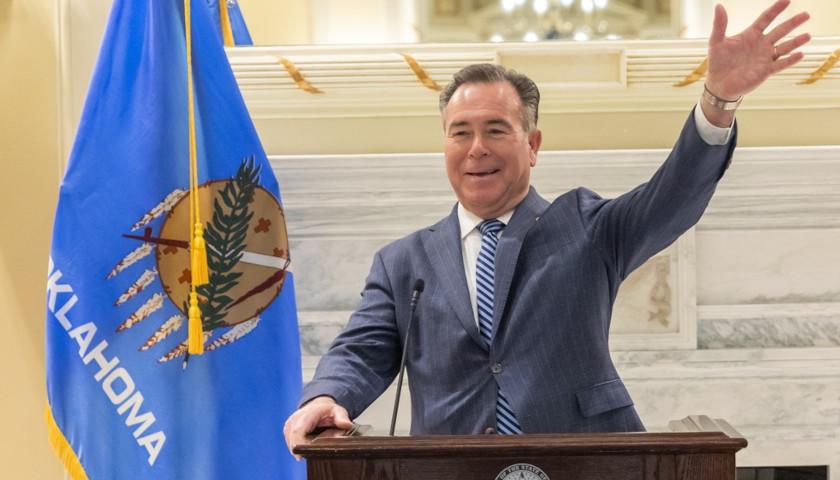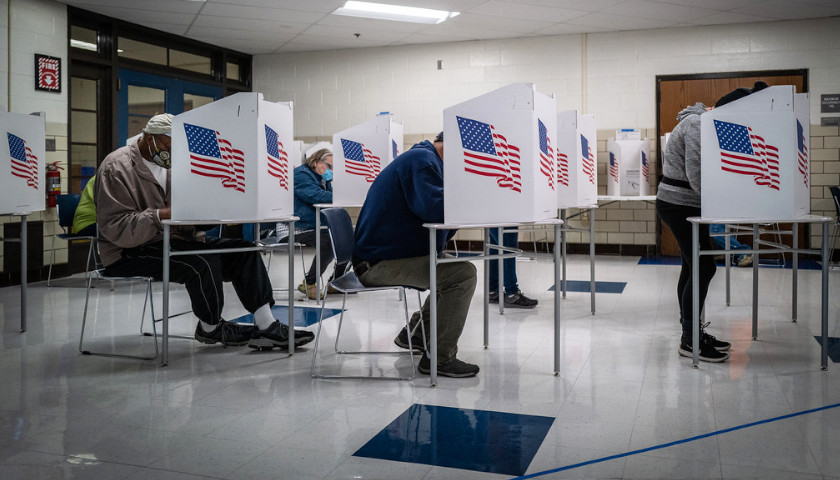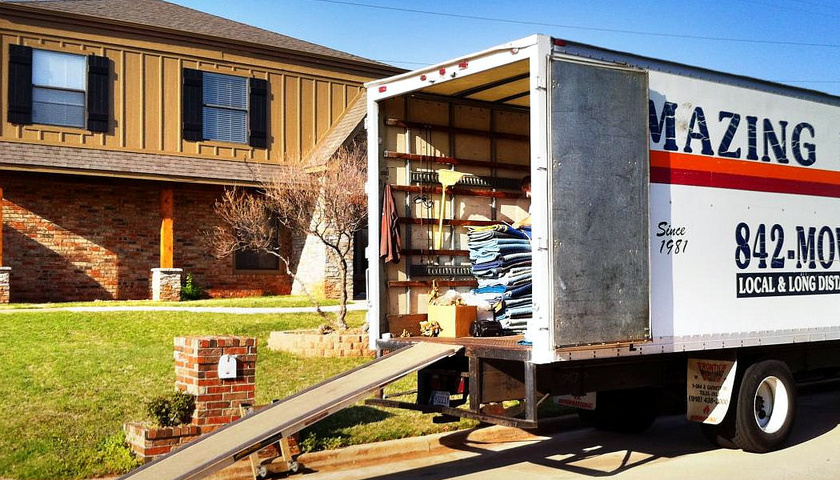News flash: People move out of states with high tax burdens, more regulations and fewer jobs to states with fewer taxes and regulations and more jobs. The former tend to be in Democratic-controlled states, while the latter tend to be in Republican-controlled states. That report comes last week from Mark J. Perry at AEIdeas, a public policy blog from American Enterprise Institute, a think tank. Perry is a professor of economics and finance at the University of Michigan’s Flint campus. He is known as the creator and editor of the economics blog Carpe Diem. Perry refers to a Carpe Diem post he made last month in which he studied household moving data from North American Moving Services’ US Migration Report for 2017. Measures included economic performance, business climate (right to work, for example), business climate and individual taxes. The top five outbound states (where people leave) are: Illinois, Connecticut, New Jersey, California and Michigan. Illinois, Connecticut and New Jersey tied for the worst at 38 percent inbound but 62 percent outbound. The top five inbound states (which gain population) are: Arizona, Idaho, South Carolina, North Carolina and Tennessee. For example, in 2017, Tennessee had an inbound rate of 58 percent…
Read the full story












